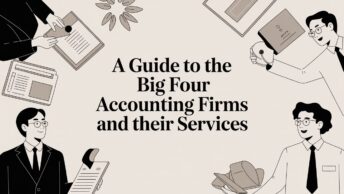Distressed assets is the term given to investing in anything which is available below its standard market value. This is usually caused by problems with cash flow on the part of the business which is being acquired. The type of assets being discussed could vary quite dramatically.
While they can represent significant bargains for the right investor, there are several things to consider before you even think about buying these distressed assets.
When will I find distressed assets?
The owner of the assets in question is likely facing significant business challenges, which requires them to find a new buyer. They are also forced through circumstance to lower the rate they would usually accept. This is common during an acquisition process. Distressed assets are in great difficulty financially, often either close to defaulting or already doing so. Some of the key assets which commonly become distressed include shares, bonds and debts.
Choose the right moment
There is a reason why what should otherwise be a popular asset is now classified as ‘distressed’. Therefore, to get the right price it is important to both identify and invest at the right time. You should also be able to recognise that this asset will ultimately provide you with a reasonable return on the investment, whether through reselling it later on or through additional means.
Seek expert advice
If you aren’t sure whether to invest in a particular distressed asset, seek the experience of an expert who will be able to guide you through the process. Not every asset is created equal, and distressed asset investing is a specialised area which requires plenty of prior knowledge.
Check for quality
Being successful with your distressed assets means thinking strategically and considering carefully what value these will hold later on. In times of hardship for one company, there are always opportunities for securing these distressed assets at a discounted rate. But this is certainly not a reason in itself to invest – check the quality of your acquisitions.
Consider their relevance
It is not only the quality and timing you need to look at, but also the type of asset you are looking at. Some hold more value than others, particularly if purchasing as a company. Perhaps you can acquire a building or equipment which will be useful for your business later down the line, regardless of whether it goes on to accumulate further financial value? In these instances, it could be more worth investing when the assets are on a downturn.
Summary
In summary, buying a distressed asset could prove beneficial for both parties, particularly if one is eager to get some additional cash first and the other is ready and willing to invest. Distressed asset sales are however not without risks, so make sure you are in full possession of the facts before you take part in this type of sale. Check for any limitations or exclusions at the time of investing for the best results.
Discover more from Scott Dylan
Subscribe to get the latest posts sent to your email.






